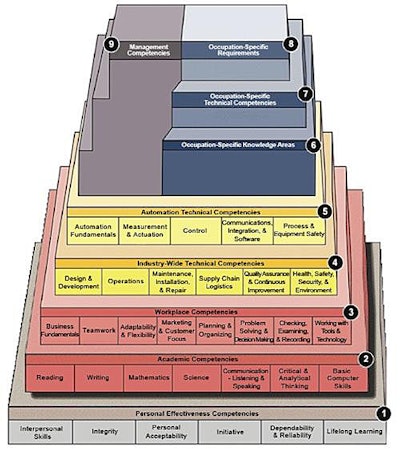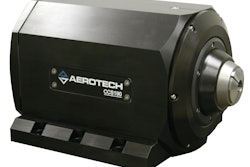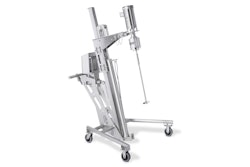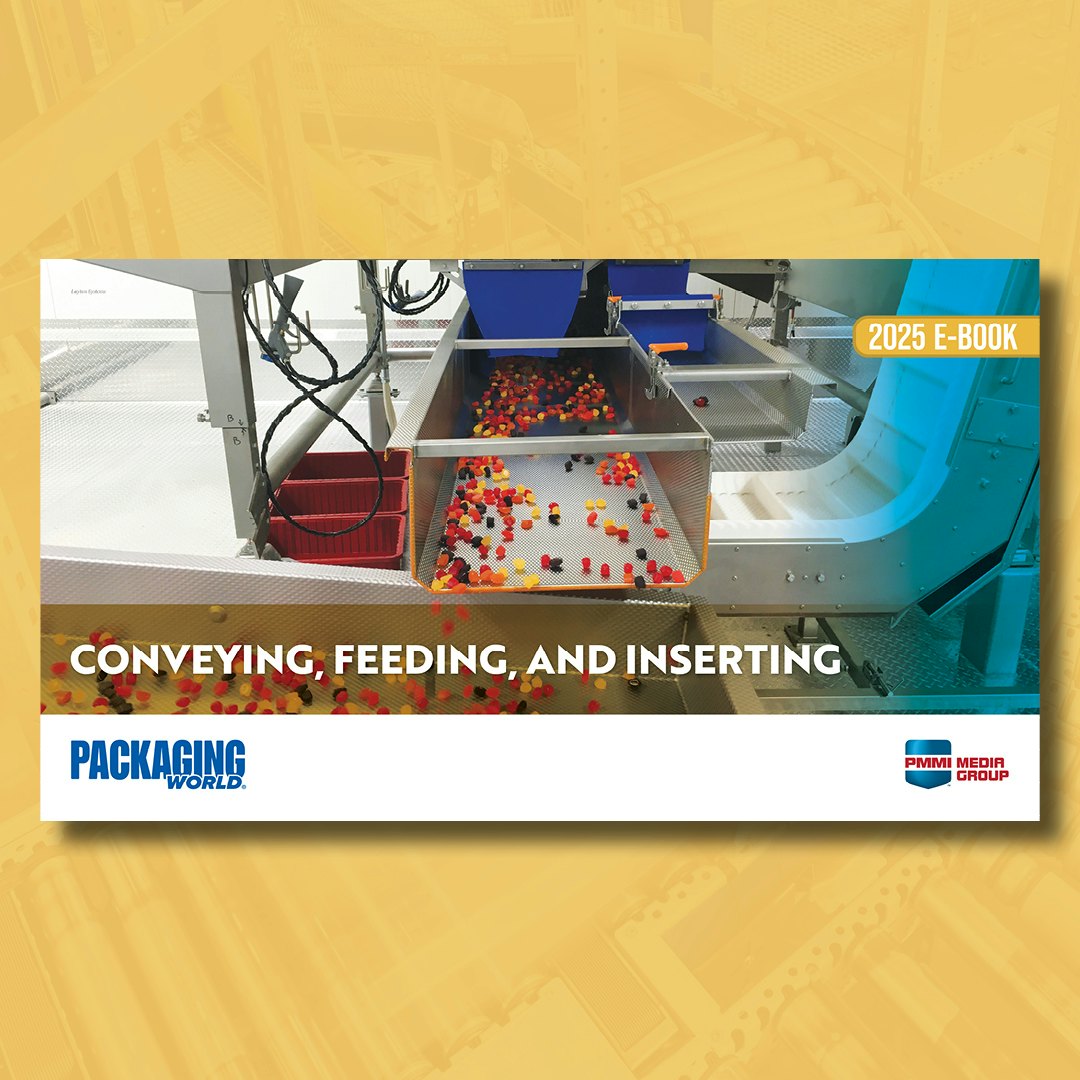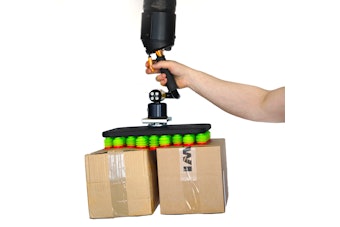Attendees of the 2012 Automation Conference witnessed a rallying cry to boost the visibility of their profession, delivered by Dean Ford of Glenmount Global Solutions, in the packaging session, "Trends in Packaging Automation Applications."
Ford, vice-president, of automation and information solutions for the Austin, Texas-based controls, automation, energy management, and information technology integrator and consultancy, called automation an "unknown profession" despite its pervasive nature in the industrial economy. He cited three reasons this may be the case:
-
Practicing automation professionals primarily come into the field "by accident."
-
Many are approaching retirement age and the workforce cannot replace them, and
-
Other than technical college programs, there are few direct paths to this profession.
Ford characterized automation as "the first green profession, a field whose origins are steeped in energy savings and efficiency across fields such as electricity; sewer and water; transportation and all forms of industrial production. Still, awareness of automation and all its complexities remains low even as sustainability has risen to prominence from the board room to the world's financial exchanges. His advice to engineers? Keep a "laser focus" on technologies that offer energy conservation, reduction and cost-saving benefits.
Present conditions, he maintained, present a potential renaissance for the profession, however, particularly in North America. He cited one U.S.-based manufacturer whose domestic operations justified their existence with significantly higher efficiency and quality; manufacturing costs were 1.4 percent lower in China—before shipping costs were factored-in.
The good news is that there is currently "unprecedented" demand for plant floor technology, Ford said, at all levels from instrumentation and controls to enterprise systems. In light of this demand, the logic would seem to follow that the industry mature.
One way for the industry to mature is to seek a convergence and harmonization of standards from a litany of organizations such as ISO, ISA, OMAC, "ABC, XYZ and so on," Ford said. Another way is to better define automation as a profession in terms of an "Automation Competency Model" (pictured), and a certification program to codify technical professionals' accomplishments.
Such a program may be gaining ground. Ford urged attendees to investigate certification programs such as that of the Automation Federation, a non-profit "organization of organizations" formed in 2006. Certifications include: Certified Control Systems Technician (CCST); Certified Automation Professional (CAP) and Control System Engineer (CSE) licensing.
For further information, visit the Automation Federation's website.
